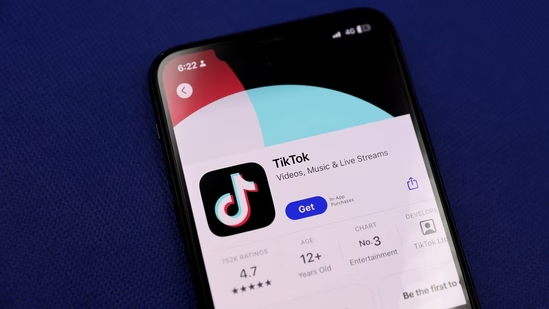Key Highlights:
In a landmark legislative move, Australia has emerged as the world’s first country to completely ban social media for children under 16 years of age. This bold step focuses on banning the use of platforms like TikTok, Facebook, Snapchat, Reddit, X (formerly Twitter), and Instagram. The strict penalties are enforced on companies which do not enforce age restriction. The law mirrors the ever-growing concern about the negative effects of social media on the mental health and well-being of children.
Legislative Details and Enforcement
The Australian Senate passed the bill with a 34 to 19 vote, after the House of Representatives had passed it with an overwhelming vote of 102 to 13. The law gives social media companies a year to implement effective age verification measures. Failure to comply with this law will incur fines of up to 50 million Australian dollars, or approximately 33 million US dollars. YouTube is exempt from this ban because it has educational applications in schools.

The rationale by the government
Australian Prime Minister Anthony Albanese spoke highly of the need for such legislation, pointing out how social media has negative effects on the mental well-being of young people through an increase in anxiety and depression. He said, “I want people to spend more time on the footy field or the netball court than they’re spending on their phones,” as the government vows to promote healthier lifestyles in its youth.

Public Support and Opposition
The legislation has received significant public support, with polls showing that 77% of Australians favor the ban. Media campaigns, including News Corp’s “Let Them Be Kids,” have campaigned for the law. However, privacy advocates and child rights groups have criticized the ban. The critics argue that the law could infringe on privacy and may isolate vulnerable children who need social media for support.
International Implications and Industry Response
Legislation sat would influence the rest of the world struggling with the same issues. The law would strain relationships with tech giants and its allies, especially the United States. Elon Musk, owner of X, condemned the ban, stating that it could oversee internet access for all Australians. Social media companies have raised practical issues with age verification and asked to delay the legislation.
Implementation Challenges
Challenges in enforcing the ban include proving users’ age without breach of privacy. To find effective age-checking technologies, the government will run tests for workable solutions-some technologies to be used include biometric analysis and even document verification-and aim at finding the perfect balance between accuracy, user-friendliness, security, and privacy in their results.
Privacy Issues and Alternatives
Privacy advocates have raised alarms about potential risks associated with age verification processes, such as the misuse of personal data. In response, the legislation includes provisions that prohibit platforms from requiring government-issued identification for verification, aiming to protect user privacy while enforcing the age limit.
Impact on Children and Families
Proponents of the ban say it will safeguard children from online dangers, such as cyberbullying and exposure to unsuitable content. However, critics say it may exclude vulnerable young people from critical support networks and drive them to unmonitored online spaces, which could heighten risks. The law also raises questions about parental authority and the role of families in managing children’s internet use.
Conclusion
Australia’s decision to enforce a social media ban on children under 16 marks an important step towards meeting the complex challenges in which youth engage with digital platforms. While the law attempts to safeguard young people from harms in the online space, it will need to walk the tightrope between safety, privacy, and accessibility. The rest of the world is also going to be paying close attention to Australia’s example for future implementations.
For Latest News Updates Click Here
